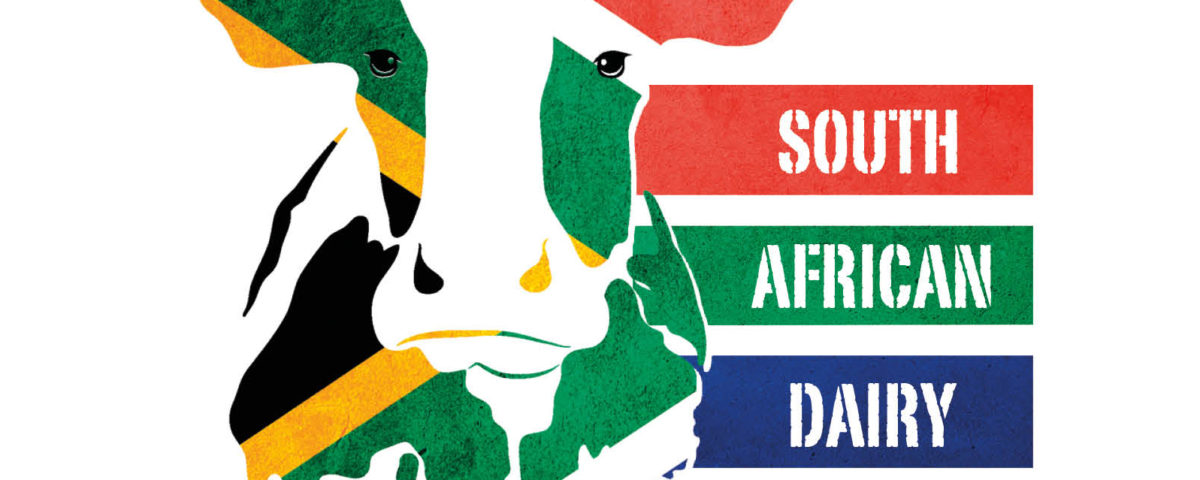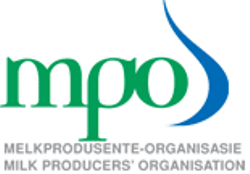
MPO Pointer 5/28 March 2020
Although very difficult to quantify, one can safely assume that consumer behaviour will change in reaction to the restrictions on human activity, human movement, factories, and business outlets. Consumer behaviour has changed and will furthermore change in lieu of the three quarters of negative economic growth that were experienced in South Africa in 2019.
The restriction on economic activity that was announced on 15 March 2020 and aggressively expanded on 23 March 2020 (21 day lockdown) will result in negative growth for the South African economy in the first quarter of 2020 and will make growth in the second quarter of 2020 tough, if not impossible. These negative growth levels will reduce consumer spending in total and will also influence the mix of consumables bought.
In this regard, one can expect demand for dairy products to be under pressure as disposable consumer spending is reduced together with movement restrictions and the closure of typical dairy consuming outlets (for example, coffee shops and the fast food industry). The effect on the dairy industry is thus twofold:
- The restriction on human activity will change buying frequency and the product mix and quantities purchased; and
- The state of the South African economy will aggravate the magnitude of the reduced demand for dairy products.
The MPO market interpretation is thus a reduced dairy demand scenario. We therefore urge producers to take notice of the weaker demand scenario and to produce market related.
Regarding exports; our relatively low dependence on exports in these circumstances is a benefit and the dairy sector will come out of this relatively unscathed if compared to the big exporting countries, like New Zealand and the United States. South African sales to the SACU countries tallies 90% plus of total exports, which should continue without hindrance. The exports are typically high value products channelled through the formal sector (large retailers in malls). Target consumers fall into LSM 5 and higher.
Something worth mentioning and that will come into the mix is the disruption of dairy product flow from the big exporting countries. This could create an environment where products flow into non-traditional markets at very attractive prices. The counter to that in the South African context is the weak Rand depreciating by more than 20% from January 2020 to where we are now. Nevertheless, Agri Inspec is putting plans in place to bolster our vigilance regarding import monitoring and shipping container checks. In this regard, the co-operation from Customs is remarkable.
Bertus van Heerden, chief economist, Milk Producers’ Organisation (MPO)
Published on Saturday, 28th March 2020 - 07:47
Recent Posts
disclaimer









